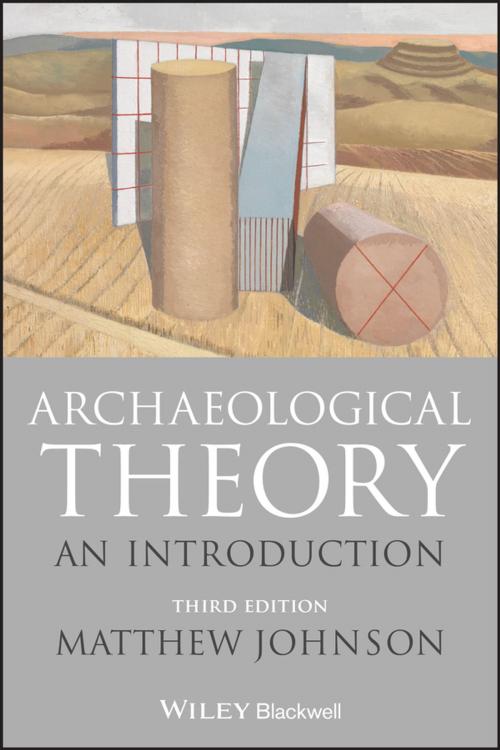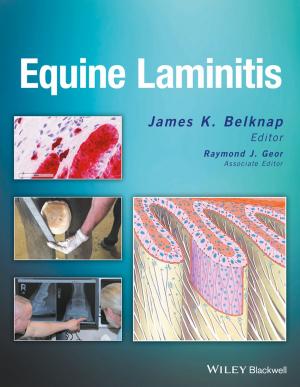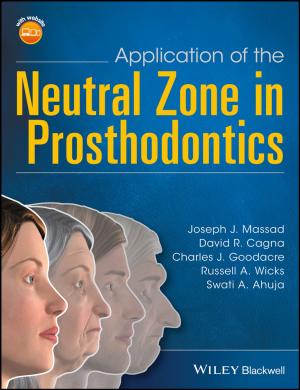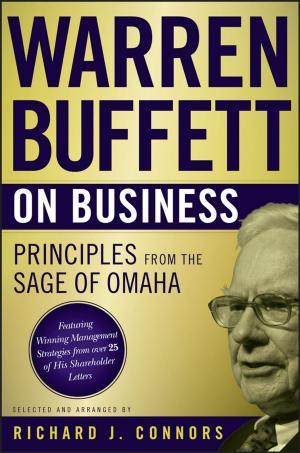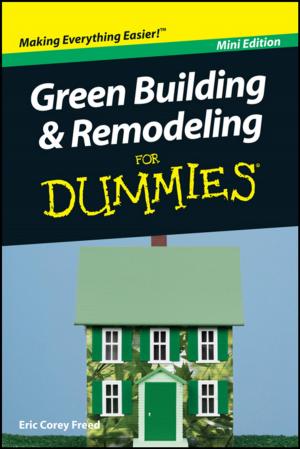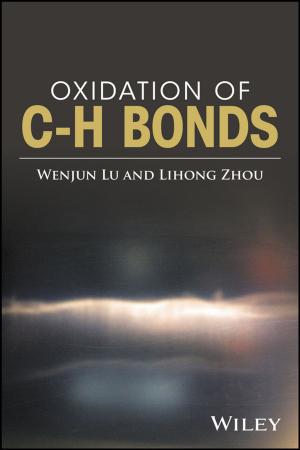Archaeological Theory
An Introduction
Nonfiction, Social & Cultural Studies, Social Science, Archaeology| Author: | Matthew Johnson | ISBN: | 9781118499382 |
| Publisher: | Wiley | Publication: | March 22, 2019 |
| Imprint: | Wiley-Blackwell | Language: | English |
| Author: | Matthew Johnson |
| ISBN: | 9781118499382 |
| Publisher: | Wiley |
| Publication: | March 22, 2019 |
| Imprint: | Wiley-Blackwell |
| Language: | English |
A lively and accessible introduction to themes and debates in archaeological theory for students of all levels
Archaeological Theory is a relatable, accessible, reader-friendly first step into the world of theory for archaeology students. Recognizing that many students shy away from the study of theory for fear that the material is too difficult or obscure, Archaeological Theory maintains that any student can develop an understanding of theory and that a knowledge of theory will lead to better practice. As one of the leading texts for introductory courses in archaeology and archaeological theory, it has provided many students with the essential foundation for a complete education in the discipline.
With a focus on clarifying the history and development of archaeological theory, this valuable text serves as a roadmap to the different schools of theory in archaeology, clarifying the foundations of these schools of thought, the relationships between them, and the ideas that distinguish each from the other. Students will also learn about the relationship between archaeology and cultural and political developments, the origins of New and ‘post-processual’ archaeology, and current issues shaping the field. Written in a clear and informal style and incorporating examples, cartoons, and dialogues, this text provides an ideal introduction for students at all levels. The revised third edition has been updated with new and revised chapters and an expanded glossary and bibliography, as well as new readings to guide further study.
- Engages readers with informal and easy-to-understand prose, as well as examples, cartoons, and informal dialogues
- Prepares students to understand complex topics and current and perennial issues in the field such as epistemology, agency, and materiality in the context of archaeological practice
- Discusses current developments in associated disciplines
- New and revised chapters on the material turn, politics and other issues, and an expanded glossary and bibliography with updated reading suggestions
- Offers expanded coverage of materiality, cultural-historical archaeology, evolutionary theory, and the work of scholars of diverse backgrounds and specializations
Engaging and illuminating*, Archaeological Theory* is an indispensable resource for undergraduate and graduate students in archaeology and related disciplines.
A lively and accessible introduction to themes and debates in archaeological theory for students of all levels
Archaeological Theory is a relatable, accessible, reader-friendly first step into the world of theory for archaeology students. Recognizing that many students shy away from the study of theory for fear that the material is too difficult or obscure, Archaeological Theory maintains that any student can develop an understanding of theory and that a knowledge of theory will lead to better practice. As one of the leading texts for introductory courses in archaeology and archaeological theory, it has provided many students with the essential foundation for a complete education in the discipline.
With a focus on clarifying the history and development of archaeological theory, this valuable text serves as a roadmap to the different schools of theory in archaeology, clarifying the foundations of these schools of thought, the relationships between them, and the ideas that distinguish each from the other. Students will also learn about the relationship between archaeology and cultural and political developments, the origins of New and ‘post-processual’ archaeology, and current issues shaping the field. Written in a clear and informal style and incorporating examples, cartoons, and dialogues, this text provides an ideal introduction for students at all levels. The revised third edition has been updated with new and revised chapters and an expanded glossary and bibliography, as well as new readings to guide further study.
- Engages readers with informal and easy-to-understand prose, as well as examples, cartoons, and informal dialogues
- Prepares students to understand complex topics and current and perennial issues in the field such as epistemology, agency, and materiality in the context of archaeological practice
- Discusses current developments in associated disciplines
- New and revised chapters on the material turn, politics and other issues, and an expanded glossary and bibliography with updated reading suggestions
- Offers expanded coverage of materiality, cultural-historical archaeology, evolutionary theory, and the work of scholars of diverse backgrounds and specializations
Engaging and illuminating*, Archaeological Theory* is an indispensable resource for undergraduate and graduate students in archaeology and related disciplines.
